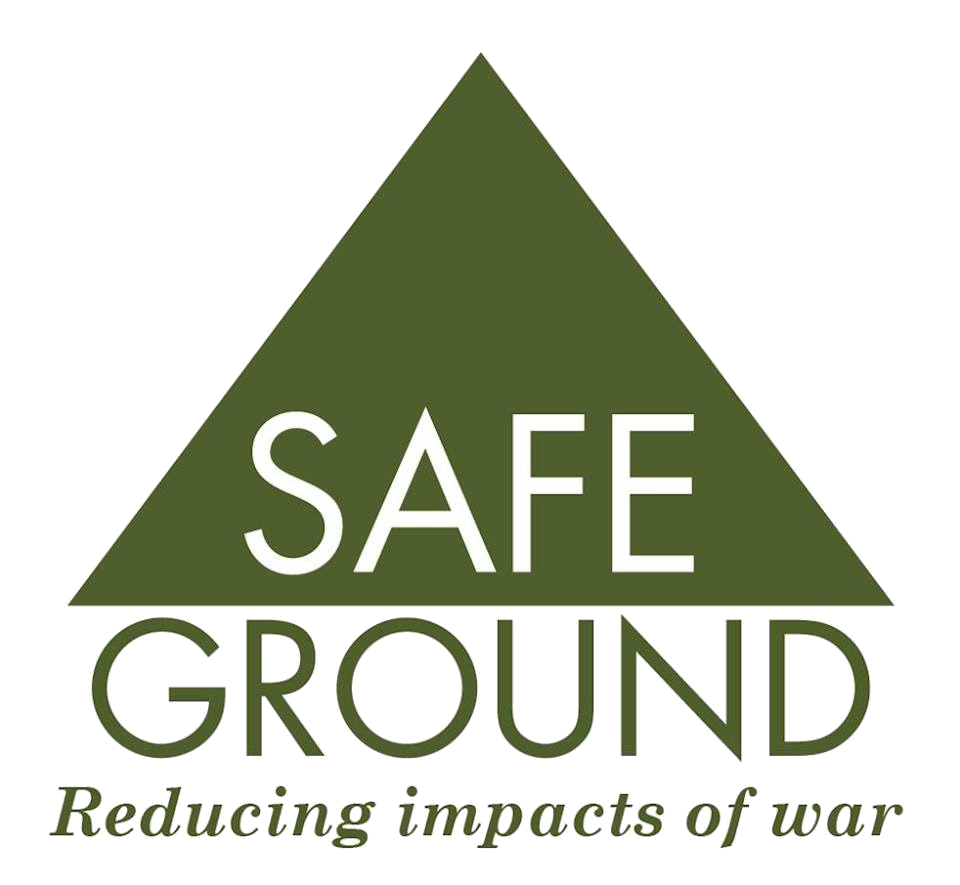Nuclear Weapons
The explosion from just one detonated nuclear bomb has the potential to kill hundreds of thousands of people instantly, while radioactive fallout poses a long-term health risk for survivors, severely affecting risk of cancer and genetic mutilations for years after the explosion.
Nuclear weapons have been used twice in warfare, on the Japanese cities Hiroshima and Nagasaki in 1945 in which over 210,000 civilians were killed. However, since 1945, more than 2000 nuclear weapon tests have been conducted in over 60 locations worldwide, severely damaging the environment and health of people living near the test sites.
The International Physicians for the Prevention of Nuclear War has estimated that roughly 2.4 million people will eventually die as a result of the atmospheric nuclear tests conducted between1945 and 1980, which were equal in force to 29,000 Hiroshima bombs.
It is likely that humanity could not survive a nuclear war using even a fraction of the arsenals in existence today. SafeGround actively support the International Campaign to Abolish Nuclear Weapons in their efforts to ensure the creation of an international treaty outlawing the use of nuclear weapons. The impact of nuclear weapons is also a concern in our research in the Pacific, where a large number of nuclear tests were conducted.
